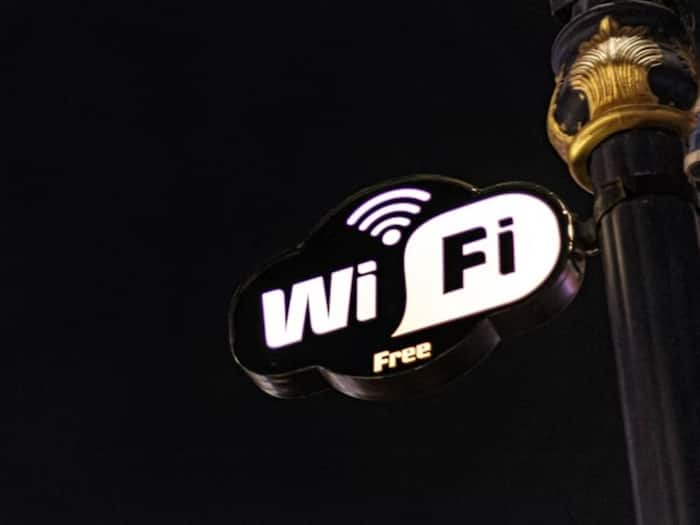
Written By Shubham Arora
Published By: Shubham Arora | Published: Nov 14, 2025, 11:46 AM (IST)

Free Wi-Fi has become something most people connect to without thinking – whether it’s at an airport, café, hotel, or a public hotspot installed by the government. It’s usually the first option when mobile data runs out or when you want to save data while checking messages or watching a quick video. But Google is warning users to be careful with these networks, as they can expose phones to security risks. Also Read: Using ChatGPT? Here’s What You Should Never Share
According to Google’s latest Android: Behind the Screen report, public Wi-Fi is one of the easiest places for attackers to target users. Even if the network looks safe because it asks for a password or is named after a well-known café or hotel, it doesn’t guarantee protection. Also Read: Pixel 9a gets Rs 10,000 price cut just before Pixel 10a launch: How to grab the deal
Once connected, attackers can quietly monitor the data moving between the device and the internet. This puts things like banking usernames, passwords, OTPs, emails, and private chats at risk. In some cases, harmful software can also be pushed onto the phone without the user noticing. Google advises avoiding any activity related to banking, online shopping, or personal logins while connected to public Wi-Fi.
The company also mentioned that scammers are using different kinds of text-based tricks to get users to click on links or share information – and these scams often become more effective on unsecured networks.
With UPI and app-based payments becoming part of daily life, people often rely on their phones for almost everything – from ticket bookings to bill payments. Connecting to an open network in crowded places like airports, stations, malls, or hotel lobbies can easily expose financial information if the network is compromised.
Cybercrime numbers in India have also been rising, which makes Google’s warning more relevant.
Google recommends avoiding free Wi-Fi whenever possible. Using mobile data or a personal hotspot is safer. If you must use a public network, avoid opening banking apps or making payments. Keeping the phone updated is also important, as updates often include important security fixes.